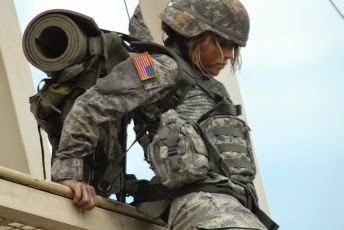Ddrones are just one of three principal Great Satan counterterrorism tools, and not necessarily the most important. Special Operations forces are now relying on a more balanced mix of tactics: Launching raids and developing partner forces offer more versatility than drone strikes and will probably become the wave of the future as America’s big wars wind down
Raids have several advantages over drones. The targets can be interrogated for further intelligence, laptops and other physical evidence can be scooped up, and perhaps most important, the capture can result in what operators call a “judicial finish,” with the terrorist tried and convicted in a court of law.
Of course, Special Operations forces, along with the CIA, will still use drones when a threat is deemed so imminent that taking out a suspect is the best way to stop an attack on vital U.S. interests. That was the case in August when a barrage of drone strikes pummeled the nether provinces of Yemen to foil a reported plot on oil terminals and ports by the most active terrorist group today, al-Qaeda in the Arabian Peninsula.
The third leg is buddied up forces. Partnering they calls it
Somalia is a good example: Special Operations troops have worked with a variety of partners to retake the country from al-Shabab, restoring government there for the first time in two decades and creating a network of allies to push al-Qaeda out of East Africa. Amid a wider peace enforcement operation, U.S. troops have helped train forces from Ethiopia, Uganda, Kenya and Djibouti. High-end Ugandan units played a key role in pushing al-Shabab out of Mogadishu, and SEAL-trained Kenyan boat units and infantry conducted a joint operation to retake the port city of Kismayo from al-Shabab, thus denying the terrorist group a key revenue source.
Partner forces also reportedly played a role in the raid two weekends ago.
The partnering approach may not be easy, and it does take years to produce results, but it is the most sustainable security solution around. The United States still needs to develop credible means of measuring the effectiveness of this approach, but don’t be surprised if it becomes the future of America’s fight against terrorism.
Pic - "Special Ops and the Future of American Warfare"















0 comments:
Post a Comment